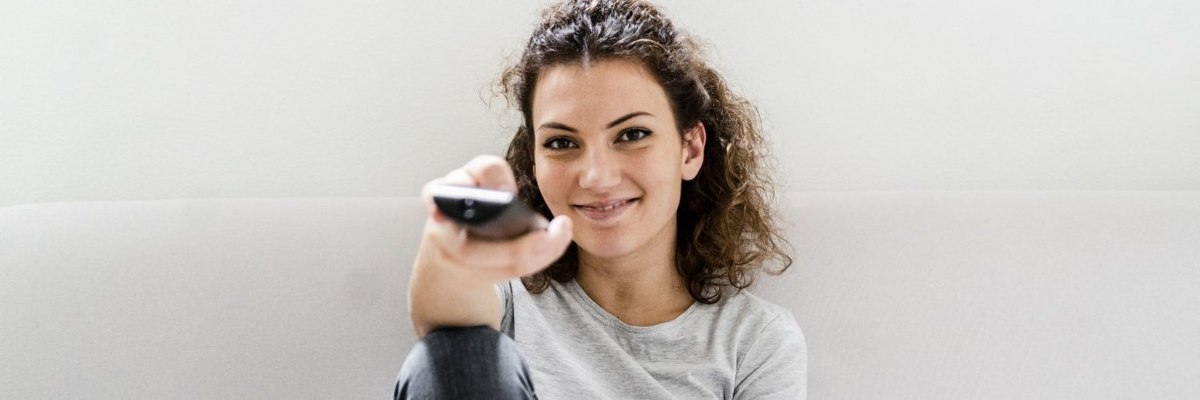One in ten say such programmes should not be available at all
The BBC has come under fire for amending classic radio programmes to remove content that might now be considered offensive. Programmes such as Steptoe and Son and I’m Sorry, I’ll Read That Again have been amended, including the removal of entire sketches in some instances. Other changes by the BBC include jokes removed from episodes of Chewin’ the Fat, and warnings before some episodes of Blackadder.
But is editing older content the right course of action? A new YouGov survey among the general population, as well as representative samples of ethnic minority adults and the LGBT+ community, explores how outdated themes in content should be approached.
What should happen to old movies and TV shows that contain racist content?
Even shows that remain popular today, such as Dad’s Army, have had to undergo edits to remove problematic content. A 1974 radio episode of the second world war comedy was amended to remove reference to a racial stereotype, with the BBC later criticised for accidentally airing the unedited version.
Most Britons (60%) say movies and films containing content that would now be considered racist should be left unchanged but preceded with a warning about their content.
However, ethnic minority Britons are much more divided, with only 34% thinking such content should remain unedited but prefaced with warnings. Another 27% say older content containing such themes should be made completely unavailable. A further 13% say it should only be available if the offending content is removed entirely, and 8% say the offending material should be left in but censored (e.g. bleeped out).
What should happen to old movies and TV shows that contain homophobic content?
Opinion is broadly the same when Britons are asked about old content with material now considered to be homophobic. Almost six in ten (59%) think such content should be prefaced with warnings but left unedited.
In this case, however, opinion among the group that is the target of the offensive remarks matches that of the general public, with two-thirds of LGBT+ Britons (65%) also saying that providing warnings is the right approach.
What should happen to old movies and TV shows that contain sexist content?
Finally, most Britons also think that older programmes with content now considered to be sexist should have a content warning but also remain unedited (57%). There is no gender divide on this answer, with women (57%) as likely as men (to hold this view).
Men are, however, twice as likely as women (20% vs 11%) to say this content should be available unedited and without a warning.
Only a small proportion say programmes with sexist content should not be available, including 7% of men and 11% of women.
See full results for the general public here, ethnic minority Britons here, and LGBT+ Britons here
Header image: Getty Images










